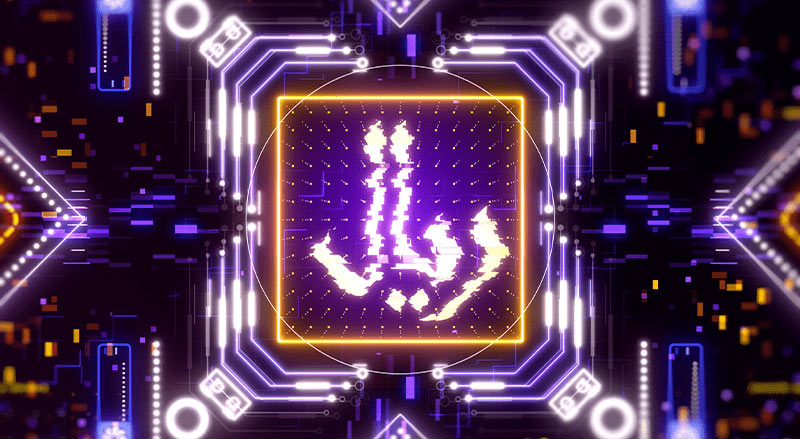The worlds of impact investing and Islamic finance have rapidly grown over the past few years. According to a recent report issued by the CFA Institute, the estimated size of the global assets of impact investing has already exceeded 30 trillion U.S. dollars, and for Islamic finance, it has exceeded two trillion U.S. dollars.
One subset of Islamic impact investing, Green Sukuk, has been gaining more traction over the years as issuers are looking for alternative sources of Islamic financing to fund green infrastructure projects.
The intersection between blockchain and Islamic finance
Blockchain is a buzzword that a lot of people have heard about nowadays. But in its essence, it really is immutable time-ordered records that can’t be changed by an individual or a single entity or company – making it a single and reliable source of truth.
During Islamic Fintech Week 2020, BSV blockchain representative Ella Qiang spoke to Dr Nida Khan about blockchain technology’s potential uses for Islamic finance.
Dr. Nida Khan is the Founder and CEO of Nash fintechX, a software solutions provider based in Luxembourg. She is also a consultant for the United Nations Economic and Social Commission for Western Asia for a project on Arab Vision. Prior to Nash fintechX, Dr. Khan worked as a doctoral researcher in the Interdisciplinary Centre for Security, Reliability and Trust at the University of Luxembourg.
How to leverage blockchain technology for Islamic impact financing
Dr Khan highlights some of the challenges that are present in impact finance together with possible circumventions utilising blockchain technology’s features:
Data availability, integrity and consistency
When you consider impact finance, the data that the sector relies on is not readily available, as everyone keeps their cards close to their chest. When we talk about impact metrics, this is heavily reliant on data, but the underlying data is not available, and when it is, it’s unreliable or inconsistent.
When a blockchain platform is used to record and share data, the immutability and traceability of blockchain helps to ensure and preserve the integrity of the data and it’s origin.
A reliable measure of impact
Green Sukuk, a subset of Islamic impact financing, relies on a mechanism that can help measure the social and environmental impact of an investment.
In this scenario, blockchain platforms with tokenisation functionality can be used to generate impact tokens that can help with the quantification of impact, and prevent double-spending of tokens such as carbon credits.
Transparency of projects
A third challenge Dr Khan mentions is ensuring transparency of impact finance ventures.
In this case, blockchain platforms can be utilised to share data with the public, or exclusively with auditing bodies, stakeholders or investors.
Accountability of progress
Accountability is another aspect that blockchain can offer impact investigation. You can use a smart contract to log the progress of your project according to milestones. Once a milestone has been achieved, the smart contract can trigger an event notifying the stakeholders or the investor. The investors will be able to see the entire trail of data backing the milestone on the token’s history.
Economic inclusion and poverty alleviation
No discussion on blockchain would be complete without a discussion on the currency aspect of the blockchain: digital currencies. Digital currencies by virtue of their nature are extremely divisible into small subunits, which is impossible with fiat currency. This extreme divisibility of a digital currency lends it to be useful as micropayments, which can help in nano-finance, poverty alleviation and also in socio-economic benefits and financial inclusion.
- There are currently approximately 1 billion people living on less than $2 a day.
- 3 billion people are living on $2 to $8 a day.
- Another two billion live on $8 and $32 per day.
There are therefore approximately four billion people only living on up to $8 per day, and they don’t have access to financial services. For this income bracket, blockchain can be used to create accessible and much-needed wallets. And by utilising micropayments, you can come up with innovative business models that can help in financial inclusion and poverty alleviation.
How to go about building and deploying a Sharia-compliant blockchain solution
Dr Khan advises that you get Sharia scholars involved in your blockchain project right from the beginning, when you’re designing the solution. From there you follow an iterative process: You come up with a basic prototype, invite the scholars to look at the demo and provide their feedback. Such an iterative process lets you develop your initial solution until it’s fully compliant with Sharia, and it’s ready to launch to the market. ‘You want to make sure both the Sharia scholars and the business people are involved from beginning till end, making it a team effort in the true spirit of Islamic finance.’
